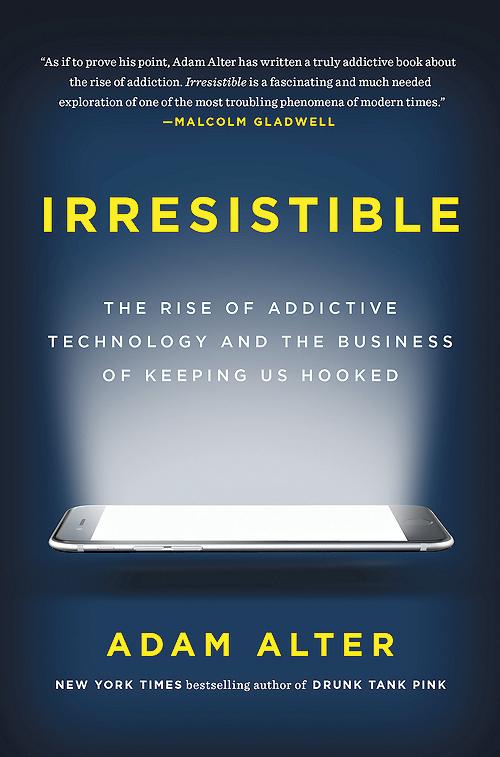

Human reactions can be inconsistent. There was a time, if you were found reading a book in company, you could be shouted at by your parents or even have it snatched and flung away, but now if you are eagerly checking your smartphone, no one is likely to say anything — for they might be doing the same too.
Is this a triumph of technology or a worrying social trend?
The latter, contends academician Adam Alter in this work, which he begins by telling us how Steve Jobs, who extolled the benefits of the iPad for an hour-and-a-half after unveiling it in April 2010, would not let his children use them.
The nearly obsessive use of smartphones and other devices for social media and other online pursuits, argues Alter, is among manifestations of “behavioural addiction”, that is affecting quality of life, imagination, social interactions and productivity too.
“... the environment and circumstances of the digital age are far more conducive to addiction than anything humans have experienced in our history. In the 1960s, we swam through waters with only a few hooks: cigarettes, alcohol, and drugs that were expensive and generally inaccessible. In the 2010s, the same waters are littered with hooks.
“There’s the Facebook hook. The Instagram hook. The porn hook. The email hook. The online shopping hook. And so on. The list is long — far longer than it’s ever been in human history and we’re only just learning the power of these hooks.”
An associate professor of marketing at New York University’s Stern School of Business and holder of an affiliated post in the psychology department, Alter cites data from developer of an app tracking time spent on smartphones to reveal that most users spend a quarter of their day’s waking period on them.
This is about 100 hours a month, or over an average lifetime, “a staggering eleven years”.
Alter also notes that researchers had to coin new word “nomophobia” to describe the fear of being without mobile phone contact, and that if the 280 million smartphone addicts (as of 2015) “banded together to form the ‘United States of Nomophobia’, it would be the fourth-most populous country in the world, after China, India and the US”.
Alter, who, at the outset, clarifies technology is not “morally good or bad” till the time it is “wielded by the corporations that fashion it for mass consumption” and apps and platforms “designed to addict” as well as confessing to falling prey to several online addictions he describes.
Conceding that we cannot abandon technology or stop going online sometime or the other, he offers a trio of innovative solutions, ranging from control to harnessing them for a better purpose.
Brimming with wit and insight, this book is required reading for all, especially the section described in it — provided they can abandon their digital preoccupations that long.
Oman Observer is now on the WhatsApp channel. Click here



